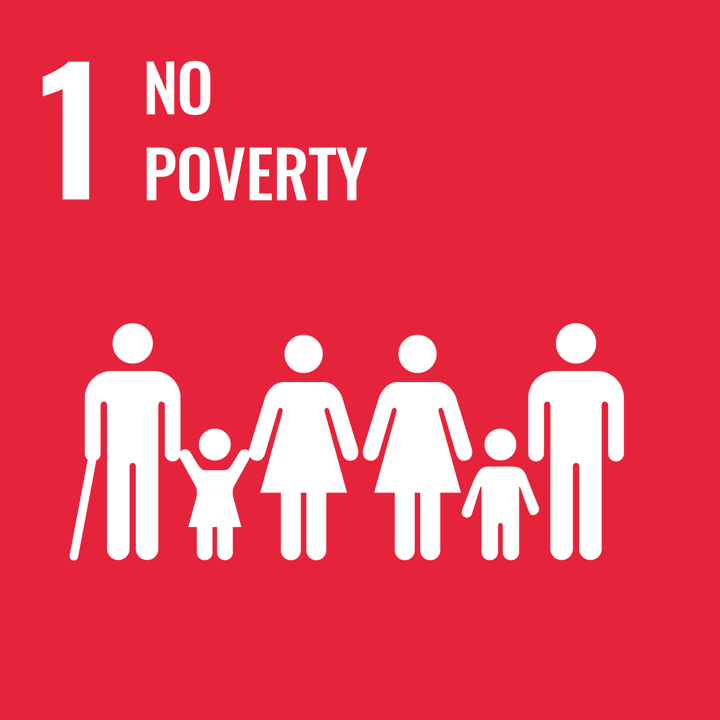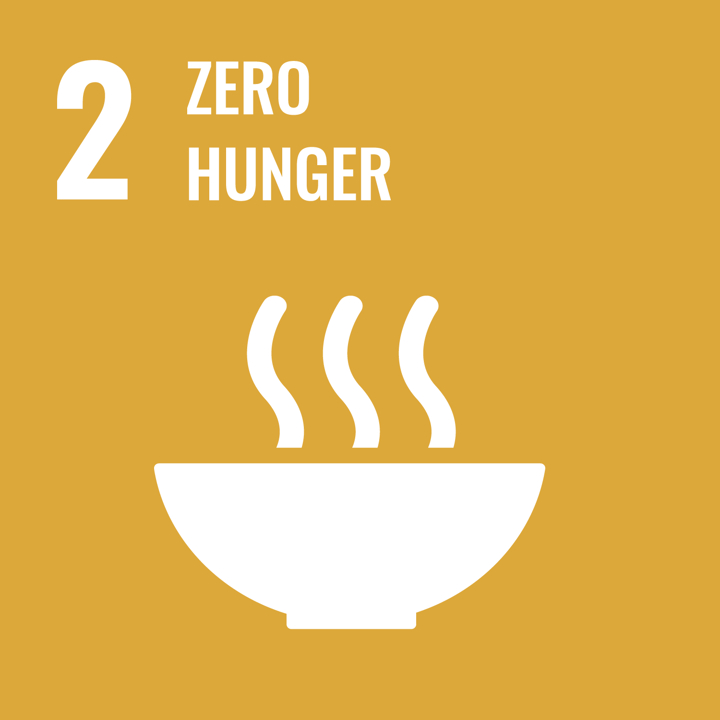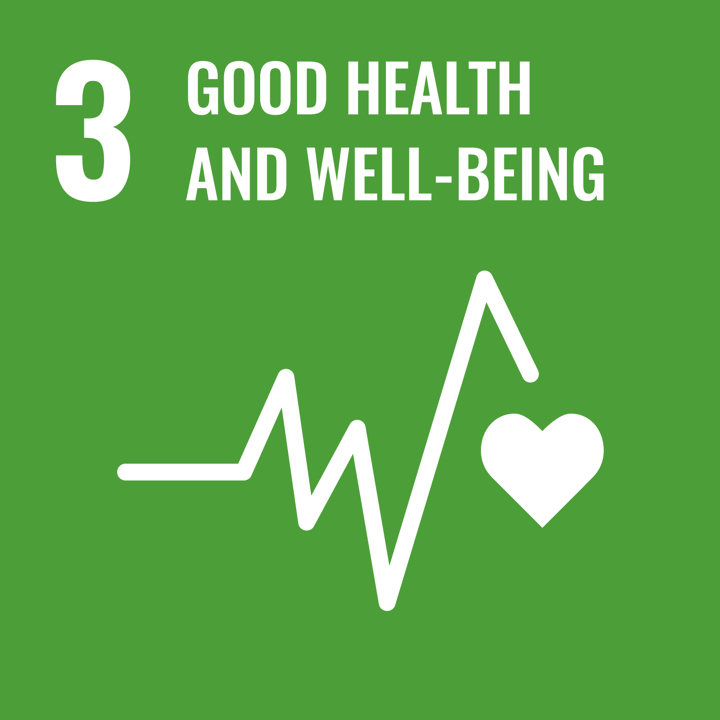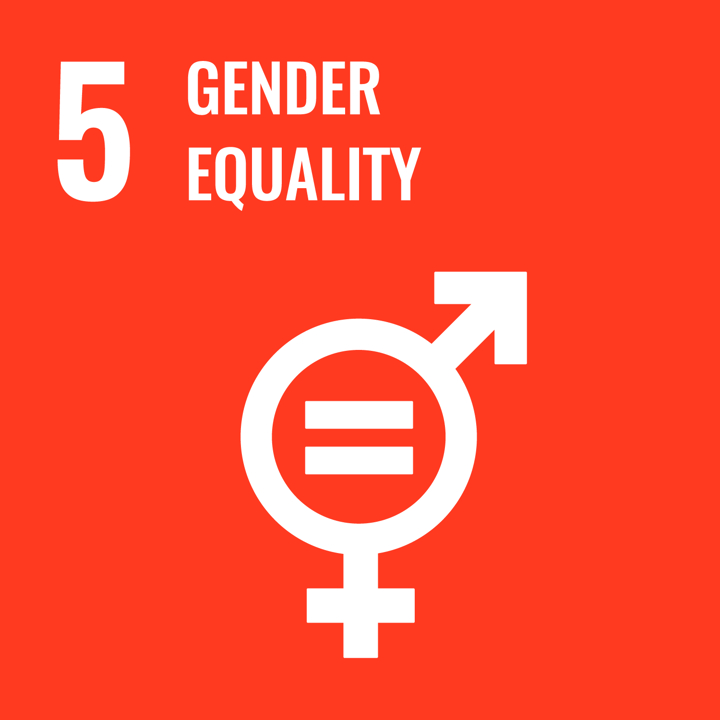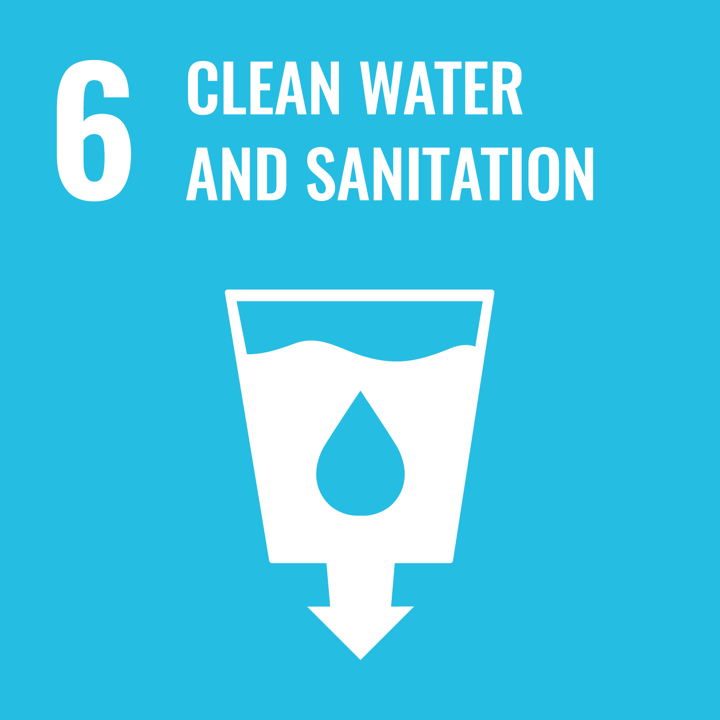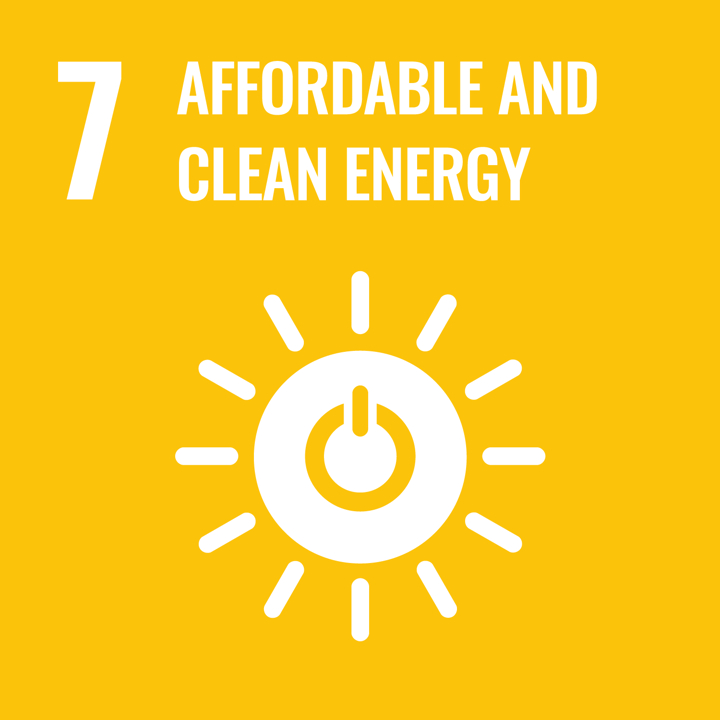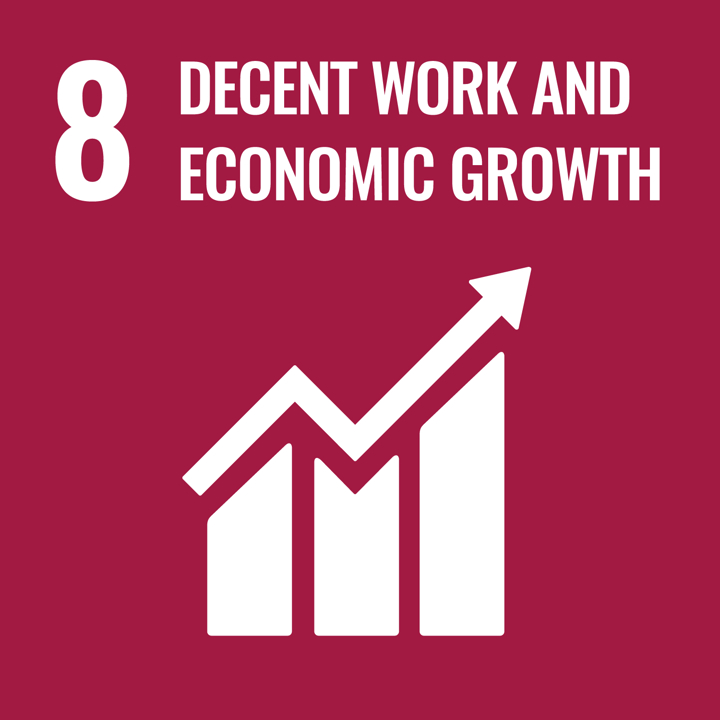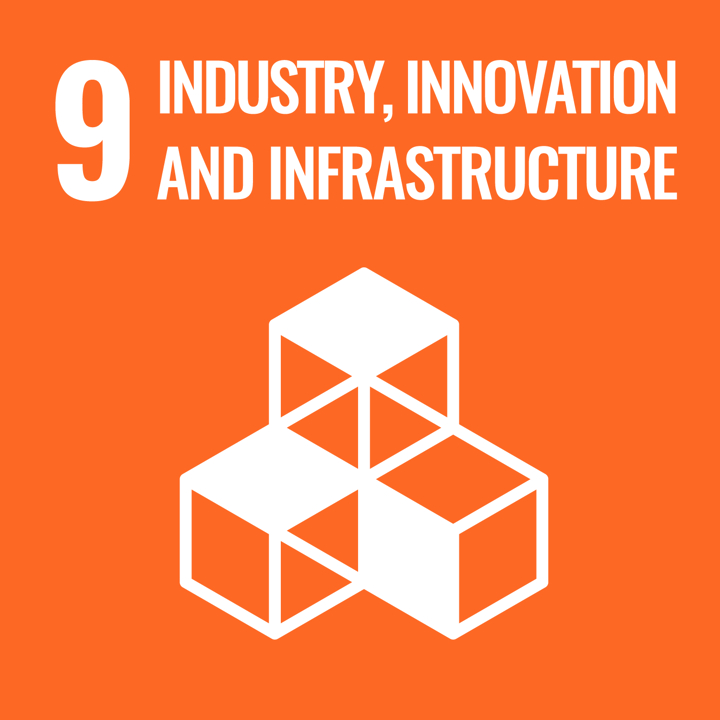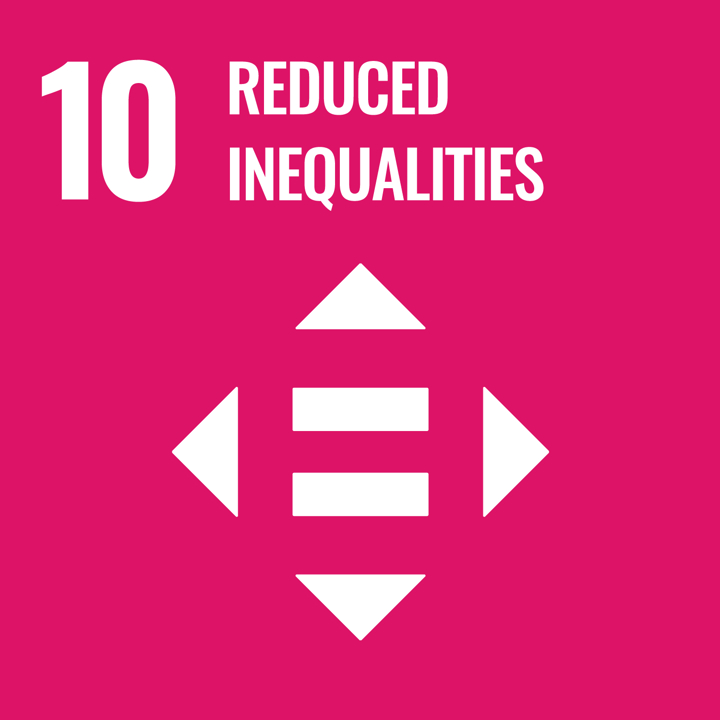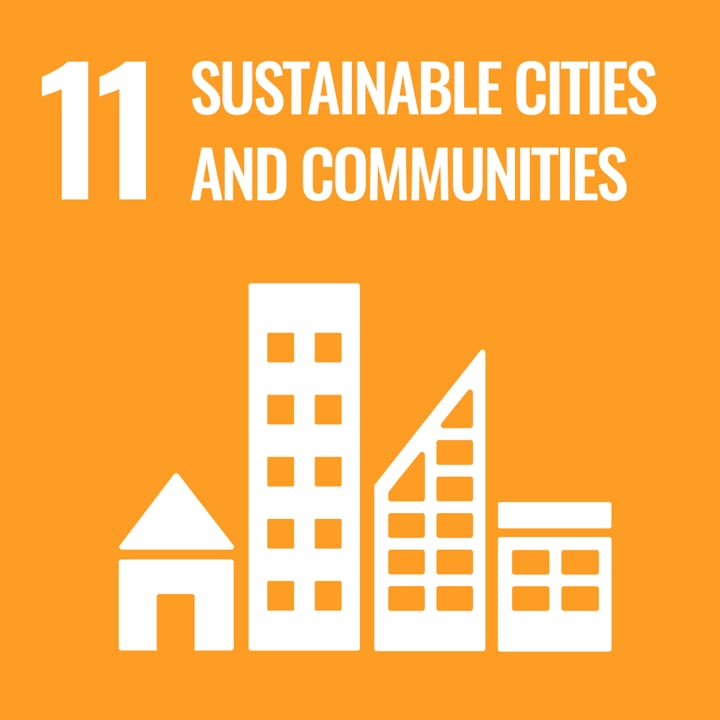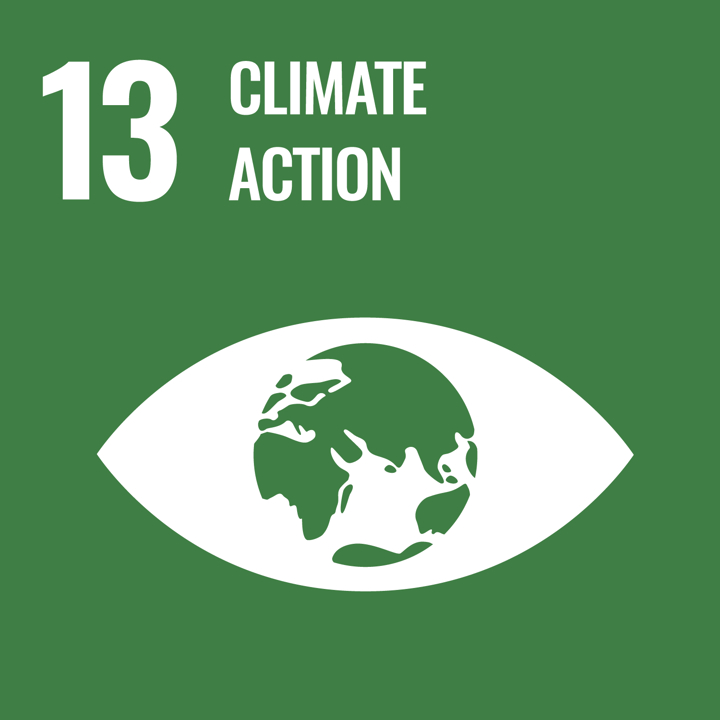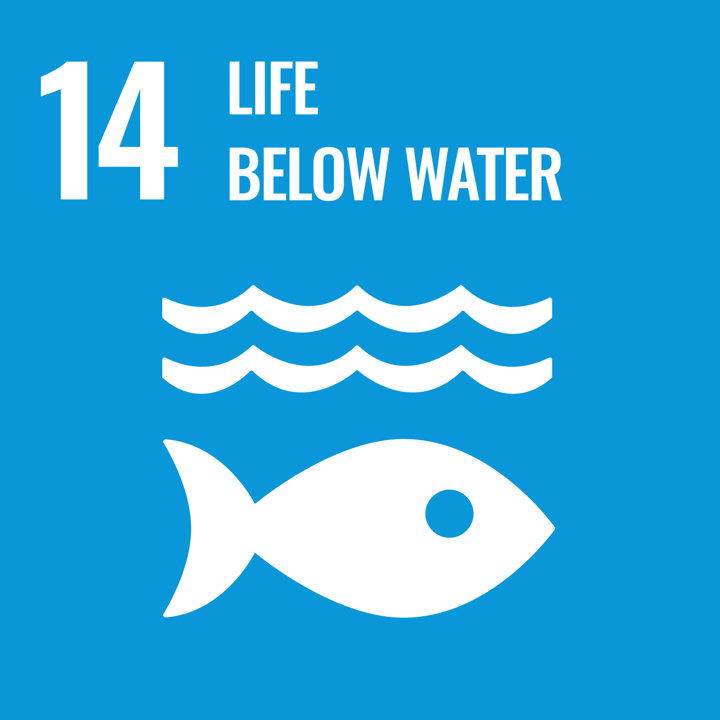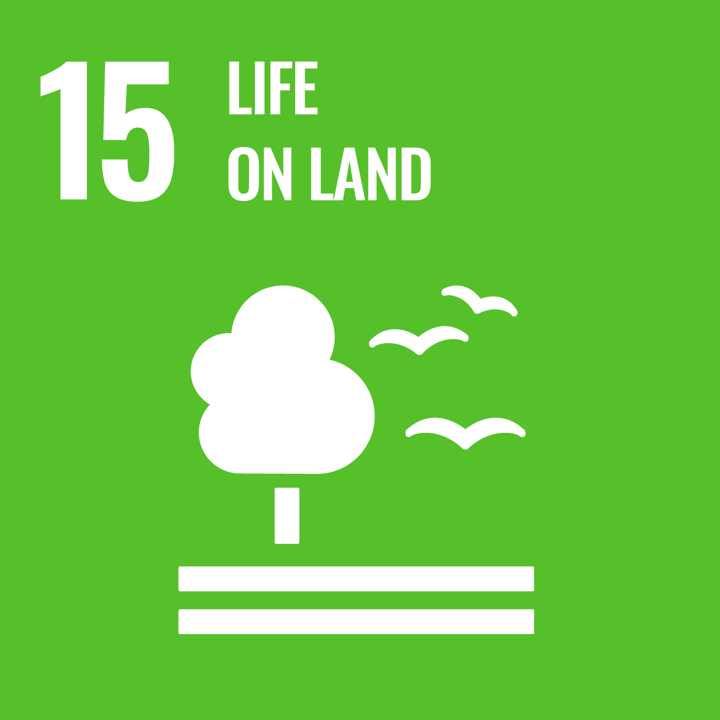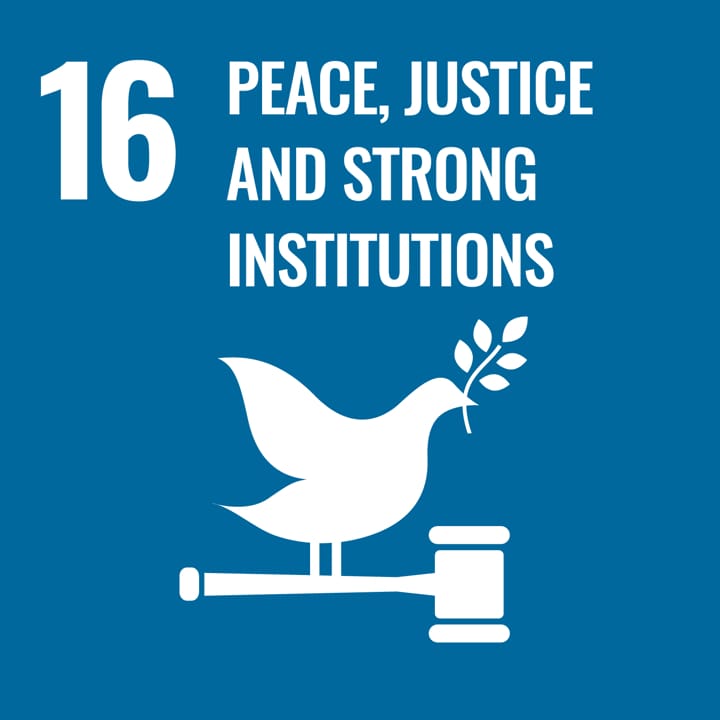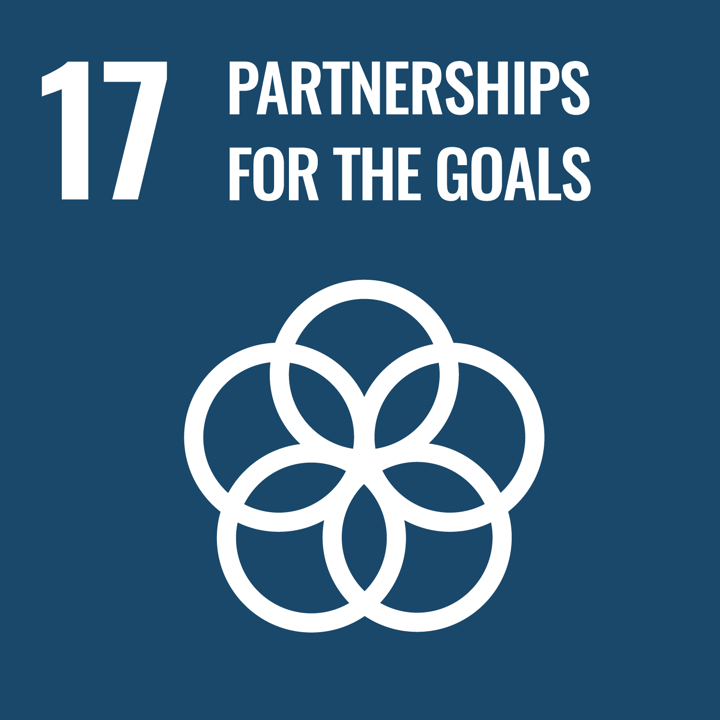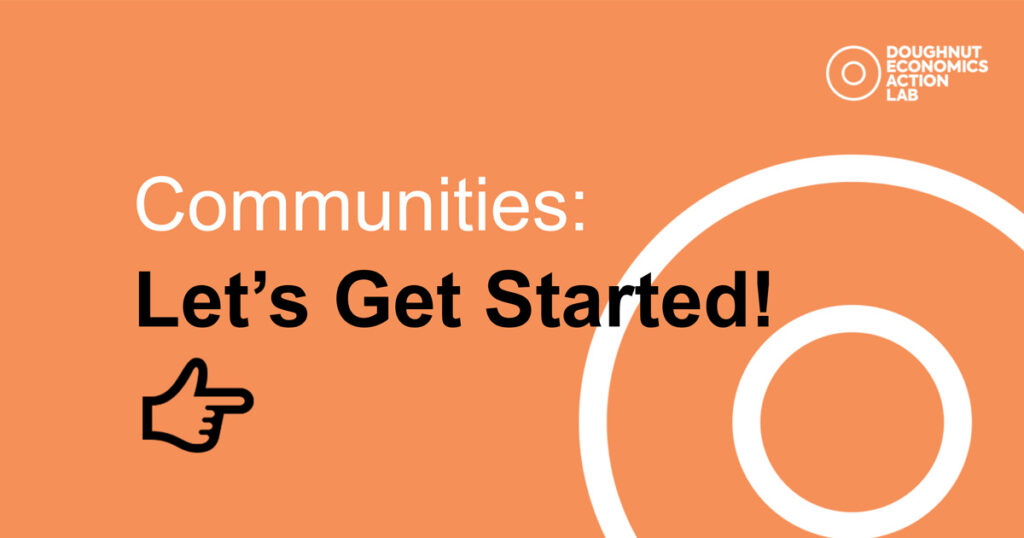
Utilizador final previsto: Teacher, School Leader
Grupo etário: Secundário inferior; Secundário superior
Currículo escolar: Social, Physical & Health Education; Social & Environment Science; Languages; Business Studies
Temas e tópicos: Energy Use and Production, Behaviour & Lifestyle, Collective Action, Environmental Change, Economics, Food and Agriculture, Power & Influence, School Leadership, Information & Knowledge, Citizenship
Duração: Several months but with smaller components.
Tipo de recurso: Case Study, Game, Guidelines & Notes, Audio/Video, Presentation, Project, Workshop
Palavras-chave: Sustainable Development Goals, Doughnut Economics, Community, School Leadership, Placed-Based Learning
Línguas: Inglês
Descrição
Communities: Let’s Get Started is a collection of tools & stories to apply the ideas of Doughnut Economics to your community, whether at the household, street or neighbourhood scale or connecting as networks for systemic change at the city, region or national scale. The tool contains over 25 tools and 20 stories – with contributions from people, groups, networks and organisations from around the world – to help you get started with your community in your own unique context. Embedded resources can be used individually or used in clusters depending on your need and level of experience.
Como utilizar este recurso
This collection of resources and training materials support community engagement around the concept of Doughnut Economics to develop ways in which communities can become more sustainable in a systematic and observable way. The resources are arranged by categories for facilitators to choose from to best suite guiding participants from novice to expert levels in community and action-based Doughnut Economics.
Resources under the “What is Doughnut Economics?” explore the need for alternative economics models with active learning strategies throughout the workshop-based exercises. The Doughnut Economics model is a tool that can be used to systematically approach the sustainability challenges with an evidence-based approach. Within the professional development resources, several workshop-based activities are described and resourced to facilitate participant exploration and deeper understanding of key concepts.
While not explicitly referring to national curricula or educational policy, the offering does facilitate reflection on current practices and relationships to help develop a workable strategy to build a community driven by sustainable goals whilst meeting social needs.
The plethora of resources contained in the proposed tool are driven by the goal of community building through engagement and cooperation. The tools and frameworks provided in Section 4 are designed to support community collaboration in creating sustainable environments and new understanding. The Doughnut model is designed to represent measurable component elements of a sustainable economy, whether the scale of economy is an individual, household, institution, community, or region. The metrics associated with each variable can be adapted according to context and available data. This will act as a means of assessing impact of the initiative.
While the professional development resource is focused on place-based community building, there is also additional Doughnut Economics community support available. This includes active online communities and best-practice examples of how other groups have undertaken change initiatives.
Os recursos
Communities: Let’s Get Started PDF:
The Doughnut Economics Action Lab (DEAL) website, with a range of additional resources and tools, can be found here:
A link to the Communities: Let’s Get Started! page can be found here:
Learning Outcomes (Teachers)
- Obter conhecimentos prévios e aprofundar o conhecimento e a compreensão dos conceitos-chave da Cidadania para a Sustentabilidade, desafiando as visões do mundo e os valores estabelecidos.
- Aplicar uma série de ferramentas e quadros adequados para promover a Cidadania para a Sustentabilidade dos estudantes
- Refletir sobre a prática e examinar os programas curriculares nacionais para identificar oportunidades de promover a Cidadania para a Sustentabilidade de forma interdisciplinar e envolver as partes interessadas externas.
- Sintetizar de forma colaborativa os conhecimentos, as ferramentas e os quadros para criar materiais didácticos e planos de aulas adaptados ao seu próprio contexto local
- Desenvolver e aplicar critérios de avaliação para avaliar a Cidadania para a Sustentabilidade nos alunos.
- Através de actividades de workshops e de comunidades de prática, desenvolver capacidades e agência enquanto educadores e líderes da Cidadania para a Sustentabilidade.
Resultados da aprendizagem (Leadership)
- Elicit prior knowledge and further develop knowledge and comprehension of key Sustainability Citizenship concepts to challenge established worldviews and values.
- Aplicar uma série de ferramentas e quadros adequados para promover a Cidadania para a Sustentabilidade nas suas escolas e comunidades.
- Examine their own national/regional curricula, educational policies, programmes and external stakeholders to identify opportunities to promote Sustainability Citizenship in their schools and communities.
- Sintetizar, de forma colaborativa, conhecimentos, ferramentas e enquadramentos para criar uma visão para a criação de um ambiente escolar que apoie o desenvolvimento da Cidadania Sustentável na sua comunidade.
- Develop and apply assessment criteria to evaluate Sustainability Citizenship development in their school and community.
- Through workshop activities and communities of practice, build capacity as Sustainability Citizenship educators and leaders.
Competências verdes
- Incorporar valores sustentáveis: Valorizar a sustentabilidade; apoiar a equidade; promover a natureza
- Abraçar a complexidade na sustentabilidade: Pensamento sistémico; Pensamento crítico; Enquadramento de problemas
- Perspectivas de futuros sustentáveis: Adaptabilidade; Pensamento exploratório
- Agir em prol da sustentabilidade: Political Agency; Collective Action; Individual Initiative
Creative Commons

All tools uploaded to the DEAL Community Platform – by the DEAL Team and the wider community – are licensed under the Creative Commons Attribution-ShareAlike 4.0 International Licence. This means they can be used for any purpose, so long as you provide attribution and share back any changes you make, under the same licence.
ODS
